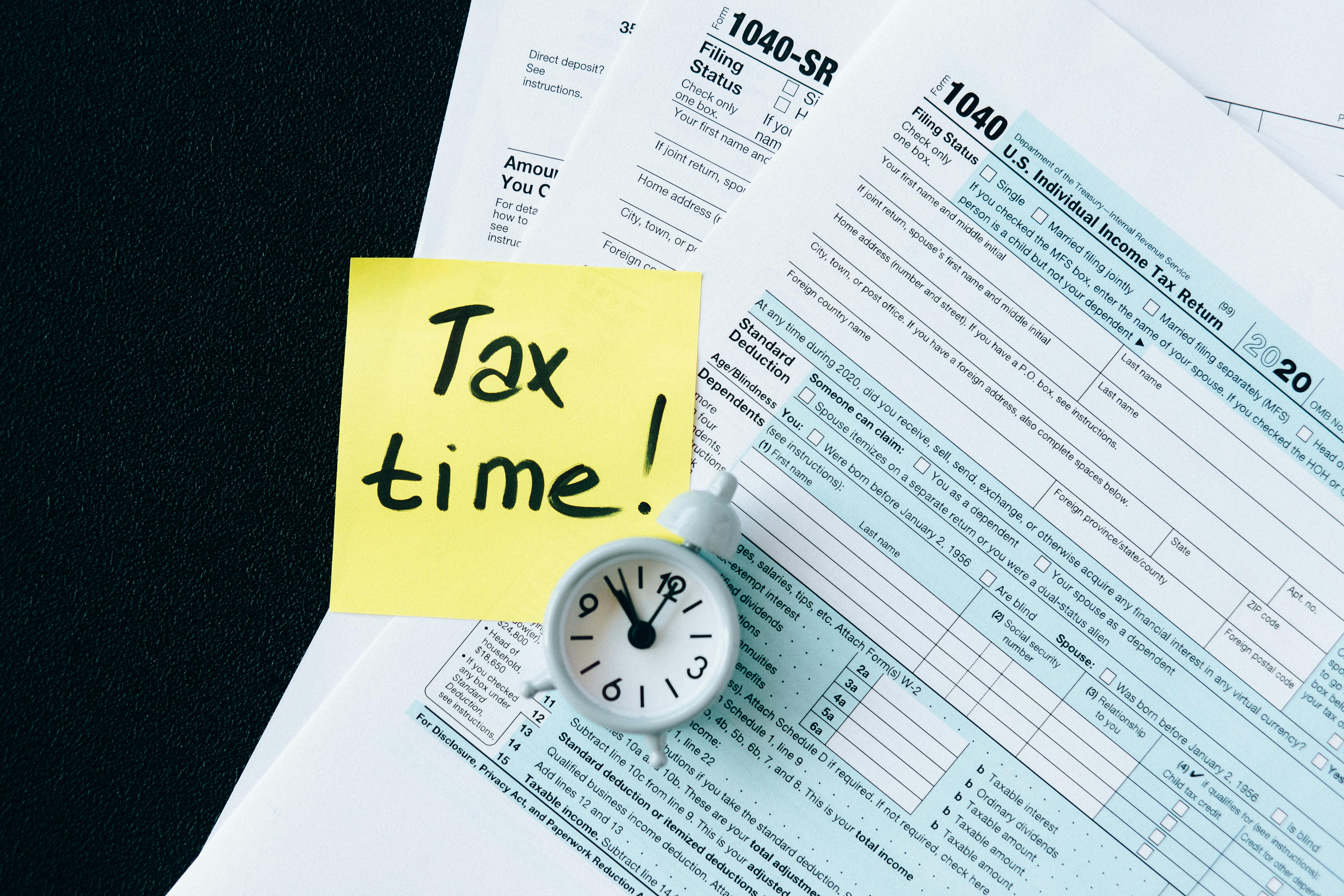Introduction
The UK High Court has ruled that non-fungible tokens (NFTs) are legally recognized as property, marking a significant milestone for the crypto and digital asset space. This ruling establishes legal protections for NFT owners, allowing stolen assets to be frozen and recovered through the courts. This follows a precedent set in AA v Persons Unknown [2019], where Bitcoin and other cryptocurrencies were deemed property under UK law.
What Happened?
In January, Lavina D Osbourne, the founder of Women in Blockchain Talks, had two Boss Beauties NFTs stolen from her wallet without consent. With the help of Mitmark, she traced the stolen NFTs to two separate wallets.
The UK High Court intervened by issuing:
- An injunction against Ozone Networks (OpenSea hosts) to freeze the stolen NFTs.
- A Bankers Trust disclosure order, compelling OpenSea to provide information on the wallet owners.
Why This Ruling Matters?
This ruling affirms that NFTs hold the same legal status as other property, offering greater legal protections for NFT owners. It also highlights the UK courts’ proactive stance in regulating the crypto space and ensuring digital assets are protected against fraud.
Osbourne’s barrister, Racheal Muldoon, stated:
"This case sets an important precedent in recognising that NFTs are property under the law of England and Wales, capable of being the subject of interim injunctions. The High Court is leading the way internationally in securing digital assets for rightful owners."
Does This Ruling Affect NFT Taxes?
Despite the legal recognition of NFTs as property, this ruling does not change UK NFT tax regulations.
According to crypto tax expert Louise Lane:
"HMRC already considers NFTs as taxable assets. NFTs held as investments are subject to capital gains tax (CGT) upon disposal, just like cryptocurrencies. While this ruling is significant for legal protection, it does not alter tax liabilities for NFT holders."
If you’re investing or trading NFTs, you still need to report gains or losses to HMRC and follow existing crypto tax guidelines.
What This Means for NFT Holders
With this ruling, NFT holders now have legal recourse in case of hacks, fraud, or theft. Digital wallets and smart contracts, while revolutionary, are not infallible. This decision reinforces legal protections in the growing digital asset industry, making the space safer for both investors and collectors.
According to Osbourne: "This case will be instrumental in making the blockchain space safer, encouraging more people to engage with meaningful digital assets like NFTs."
Conclusion
The UK High Court’s recognition of NFTs as legal property is a major step forward for digital assets. While it doesn’t change NFT tax obligations, it provides much-needed legal protection for NFT holders, reinforcing trust in the crypto ecosystem.
Block3 Finance helps UK investors understand the tax implications of NFTs as property. Get expert support to stay compliant with the latest legal developments.
If you have any questions or require further assistance, our team at Block3 Finance can help you.
Please contact us by email at inquiry@block3finance.com or by phone at 1-877-804-1888 to schedule a FREE initial consultation appointment.
You may also visit our website (www.block3finance.com) to learn more about the range of crypto services we offer to startups, DAOs, and established businesses.
